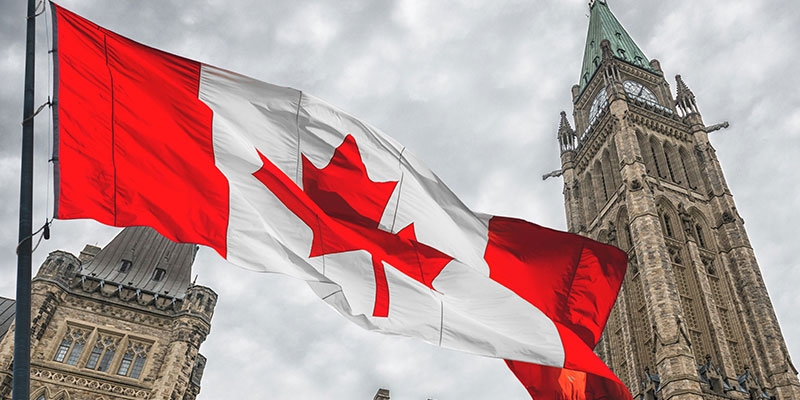Canada Stills Needs To Open Up To Competition

In the last few years, politicians and pundits in Canada have latched on to a new trend claiming that Western economies are becoming less competitive. The result, it is argued, is lower living standards for consumers and workers. The proposed remedy is increased government intervention—something exemplified by the politicization of debates over grocery stores and food prices. However, largely undiscussed is the fact that the different governments across Canada are the ones walling off competition—something which has been true since the late 19th century in Canada and elsewhere.
And these barriers hurt Canadians. The true gauge of a competitive economy is not how many firms are active in any industry. Rather, it is the possibility to challenge the incumbent from either inside or outside of the industry. A single firm that dominates a market entirely may still act in a competitive manner because it fears the entry of a competing firm. This fear of being contested puts incumbent firms on their toes and presses them to keep prices low while improving quality. Doing otherwise invites a challenge from players not yet known.
This fear has a dual effect. The first is a downward effect on prices which means that workers’ real wages are increased through greater purchasing power. The second is an upward effect on wages. In the face of a constant threat of contest, firms have very few choices other than improving productivity. This is done by innovating through new products, new production processes, new technologies, etc. Firms are forced to be more dynamic. In turn, rising productivity generates increases in wages as firms try to induce workers to shift between them. Combined, these two effects from this fear of contest produce a powerful force to push up the living standards of Canadians.
In contrast, barriers to competition produce the opposite effect. They dull the innovative reflexes of firms. This means not only higher prices for consumers who purchase the good of that protected firm, it also means higher prices for all goods that use this good as an input. In the end, general economic competitivity is depressed.
Before adding more government policies to boost competition, it might be good to consider how governments have reduced competition in Canada.
Author:
More from this study
Subscribe to the Fraser Institute
Get the latest news from the Fraser Institute on the latest research studies, news and events.


